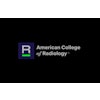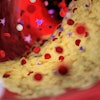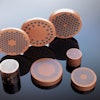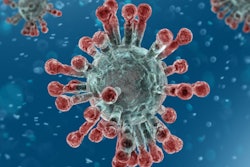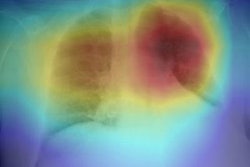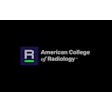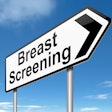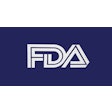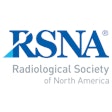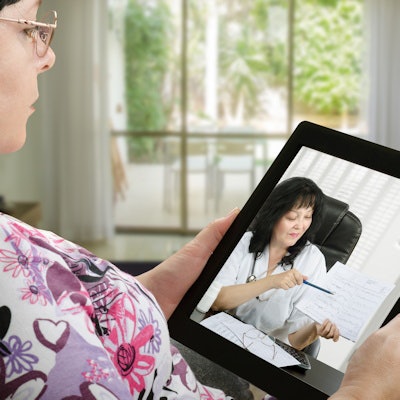
During the COVID-19 pandemic, radiologists have performed well as front-line liaisons between inpatient providers and patients' family members, according to a study published October 5 in the Journal of the American College of Radiology.
Researchers from NYU Langone Medical Center in New York City found that a simple program that used radiologist volunteers effectively facilitated communication between inpatient clinical staff and families of patients with COVID-19 who were affected by restricted hospital visitation protocols.
"With families no longer at the bedside, combined with a dramatic increase in inpatient volume ... front-line [physician] teams were largely unable to contact families with daily clinical updates," wrote a group led by Dr. Myles Taffel. "Concurrently ... the radiology department's daily imaging volume decreased by 68% from its baseline at the height of the surge. With the new abundance of time, the radiologists could volunteer as communication liaisons connecting the inpatient teams with patient families."
The program, called Family Connect, consisted of radiologists participating in virtual daily clinical rounds with inpatient care teams and subsequent communication with patients' families to update them on the patient's status and treatment plan. Sixty-nine radiologists volunteered for the initiative, which lasted for 42 days.
"This assistance alleviated the responsibility from the extremely busy hospitalists and intensivists, thus allowing them to focus on providing clinical care to an exponentially growing COVID-19 inpatient census," the team noted. "Furthermore, volunteers provided relief to family members who were under the enormous strain [resulting from] separation from patients afflicted with this new pathogen."
At its completion, radiologists who volunteered for at least a week received a survey that explored how they believed the experience could change future practice and their motivation for participating. Of the 69 who participated, 60 completed the survey.
All 60 radiologists found the program "increased their understanding of COVID-19 and its effect on the healthcare system," the authors wrote. Almost 60% stated that their participation in the program would likely change the way they communicate with patients and their families in the future, and 82.7% stated that they chose to participate in the program to provide service to patients -- even though the role "required some skills outside of normal radiology practice," the team noted.
"This program provided support to front-line inpatient teams while also positively affecting the radiologist participants," the authors concluded. "If a similar situation arises in the future, this communication tool could be redeployed."


